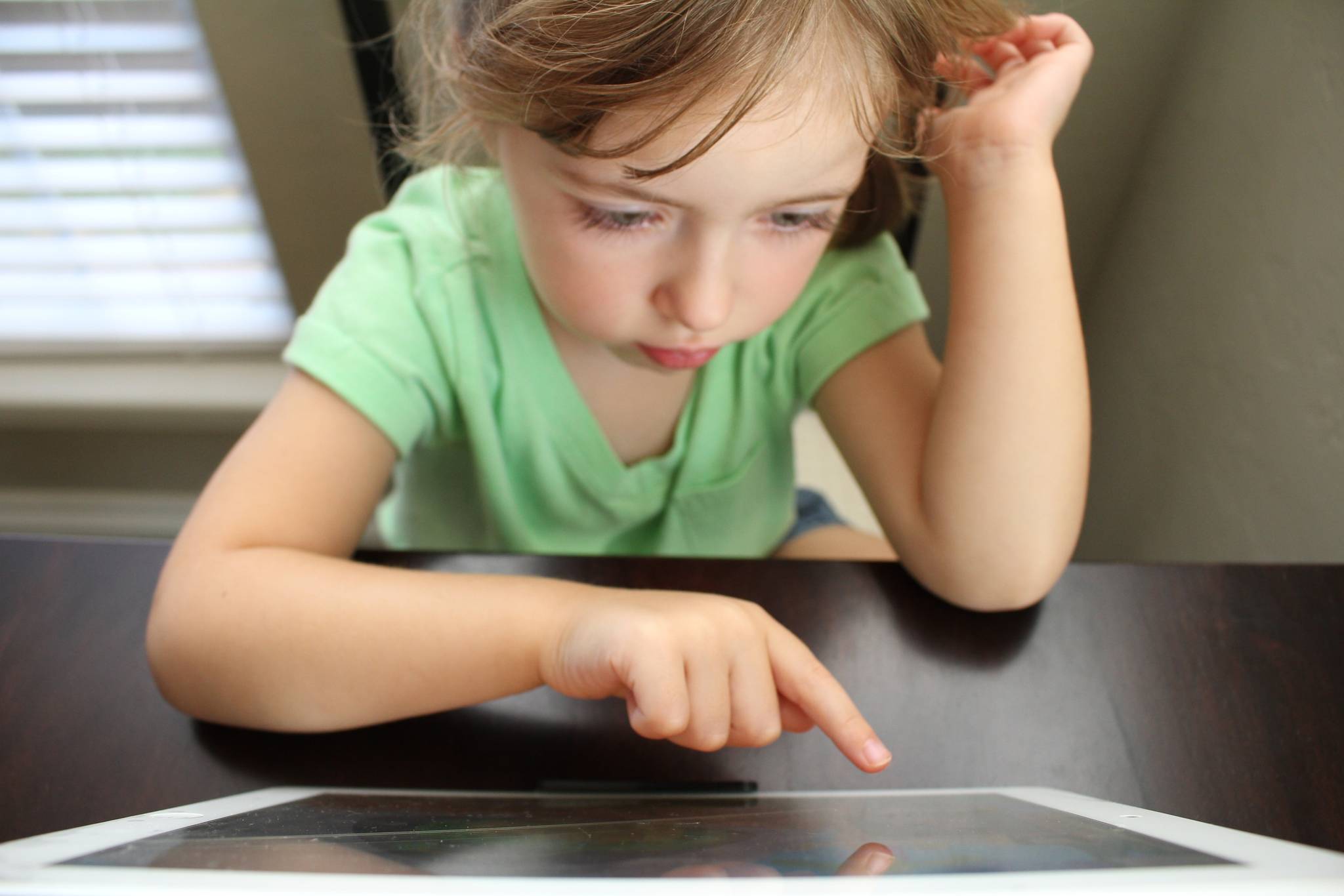
Google has expanded its digital wellbeing tools, using techniques such as gamification to help people curb the amount of time they spend on smartphones. As people become increasingly wary of the negative effects of being always-on, tech companies are responding by providing ways to cut back on screen time. We explore the insights behind the efforts made by big tech companies to offer tools and solutions aimed at tackling screen time.
As part of Google’s Digital Wellbeing Experiments platform, it has launched a collection of tools designed to help people disconnect. Some of these 'experiments' include the Unlock Clock – a wallpaper that shows how many times you’ve unlocked your phone – and We Flip, which gamifies screen time avoidance. Users of the latter tool disconnect by flipping a big switch as part of a group, and if one person unlocks their phone, the session ends for everyone. There is even a ‘paper phone’ where one can print the essentials from their phone such as contacts, maps, and meetings in order to have the information without the distraction. The experiments are all free and open-source, with the aim of inspiring developers to consider digital wellbeing in their work. “As technology becomes more and more integral to everything we do, it can sometimes distract us from the things that matter most to us. We believe technology should improve life, not distract from it,” reads Google's dedicated site.
RescueTime, an app that monitors screen time, found that its users spend three hours and 15 minutes a day on their phones, with the top 20% of users spending more than 4.5 hours per day. Meanwhile, a myriad of research has pointed to troubling ramifications of smartphone usage, including: social media use in adolescents being linked to loneliness and depression, the presence of one’s smartphone in reducing available cognitive capacity, and even the relationship between using smartphone cameras to capture experiences and reduced ability in making memories. In light of such findings, people are beginning to rethink their relationships with tech. In a bid to acknowledge their role in these issues and keep people loyal, big tech players like Google and Apple are providing solutions to help people cut back on usage.
Makail Johannesson is a freelance behavioural analyst at Canvas8. He holds a Master's in Cognitive and Decision Sciences from University College London. Apart from mind wandering about the human experience, he enjoys reading books and conversations at the pub.



